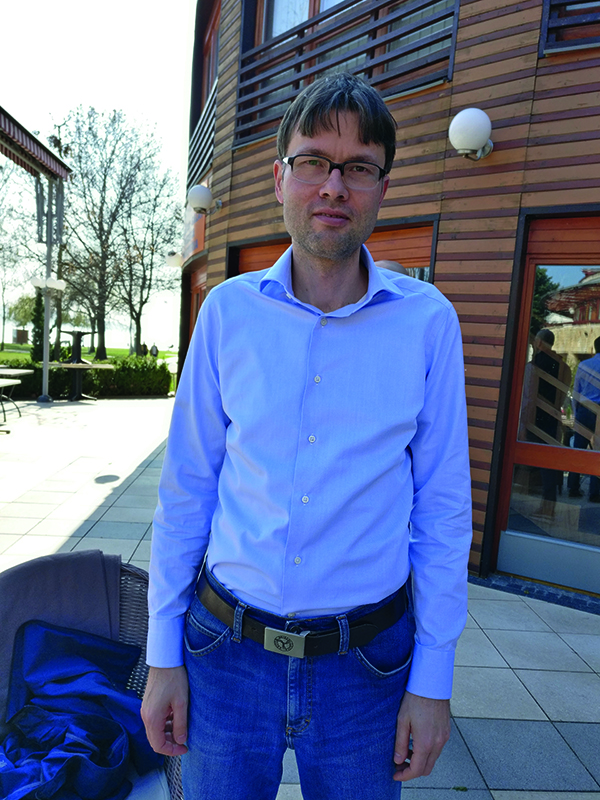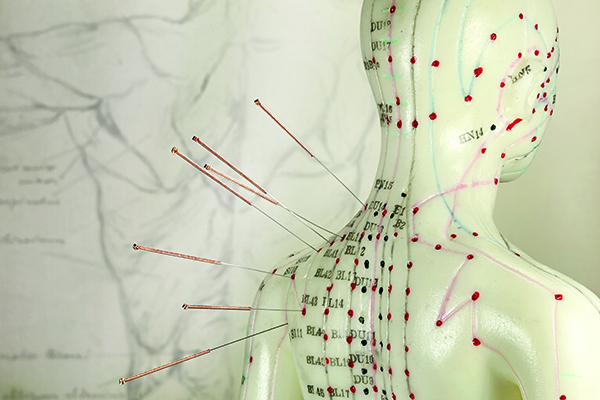Advertising promotion
Attila Szanto, College of Naturopathic Medicine graduate, talks about why he trained with CNM.
 Having received many acupuncture treatments and found great benefit from them I naturally developed an interest in exploring this healing art.
Having received many acupuncture treatments and found great benefit from them I naturally developed an interest in exploring this healing art.
I had trained as a social scientist with a Ph.D. from the London School of Economics before discovering my interest in acupuncture and naturopathy but I realised I’d like to do something else for a living than academic work – something that involved my heart and that people could benefit from in a tangible way.
Hands-on training
A friend recommended The College of Naturopathic Medicine (CNM) to me as she had studied there and was very happy with her experience. I was particularly attracted by its emphasis on providing hands-on training in acupuncture – every student has to complete 400 clinical hours prior to graduating. Having studied many years for my Ph.D., I couldn’t see myself doing another theory-heavy degree, which is what most other institutions offer.
What I loved best about my CNM course was the wealth of lecturers’ experience and the diversity of approaches to acupuncture that they bring to the course. This gave me many ideas about the kind of practitioner I’d like to become, as well as how I’d want to continue to develop professionally post-graduation.
My healing journey
I now see clients at my clinic in South East London. I am also now a lecturer at CNM, teaching the TCM module on the Naturopathy Study course and supervising final year students at CNM’s student acupuncture clinics, which are open to the public.
As every experienced acupuncturist will tell you, growing into a healthcare practitioner is inseparable from one’s own healing journey; otherwise how could I offer guidance to my students and clients and spark their confidence in getting better? I am more aware of the many aspects of health than ever before, and I enjoy sharing my understanding with others.
The five elements
A glimpse into a central concept of Traditional Chinese Medicine (TCM).
Wood:
Relates to spring. An imbalance manifests in muscular and visual problems and headaches (including migraines).
Fire:
Corresponds to summer. Low energy, digestive problems, insomnia, heart disease and tinnitus are expressions of fire imbalance.
Earth:
Late summer reflects this element. Imbalances include eating and all gynaecological disorders and gastrointestinal disease.
Metal:
This relates to autumn. Imbalance can mean asthma, rhinitis, constipation, lower bowel and skin disorders including eczema.
Water:
Winter is the season for this element. Imbalance can mean a lack of reserves, deep fatigue, reduced sexuality, timidity and exhaustion.







